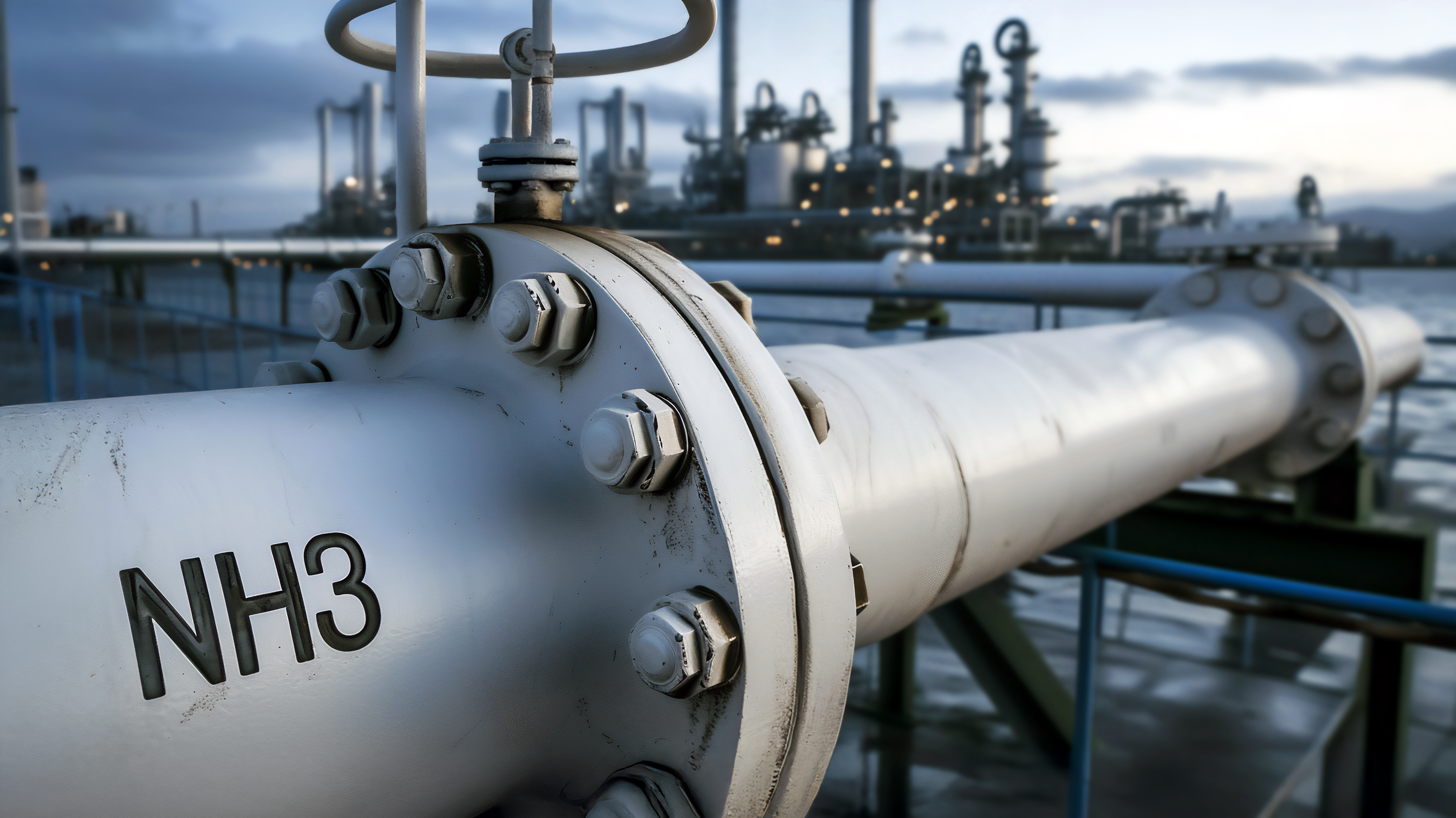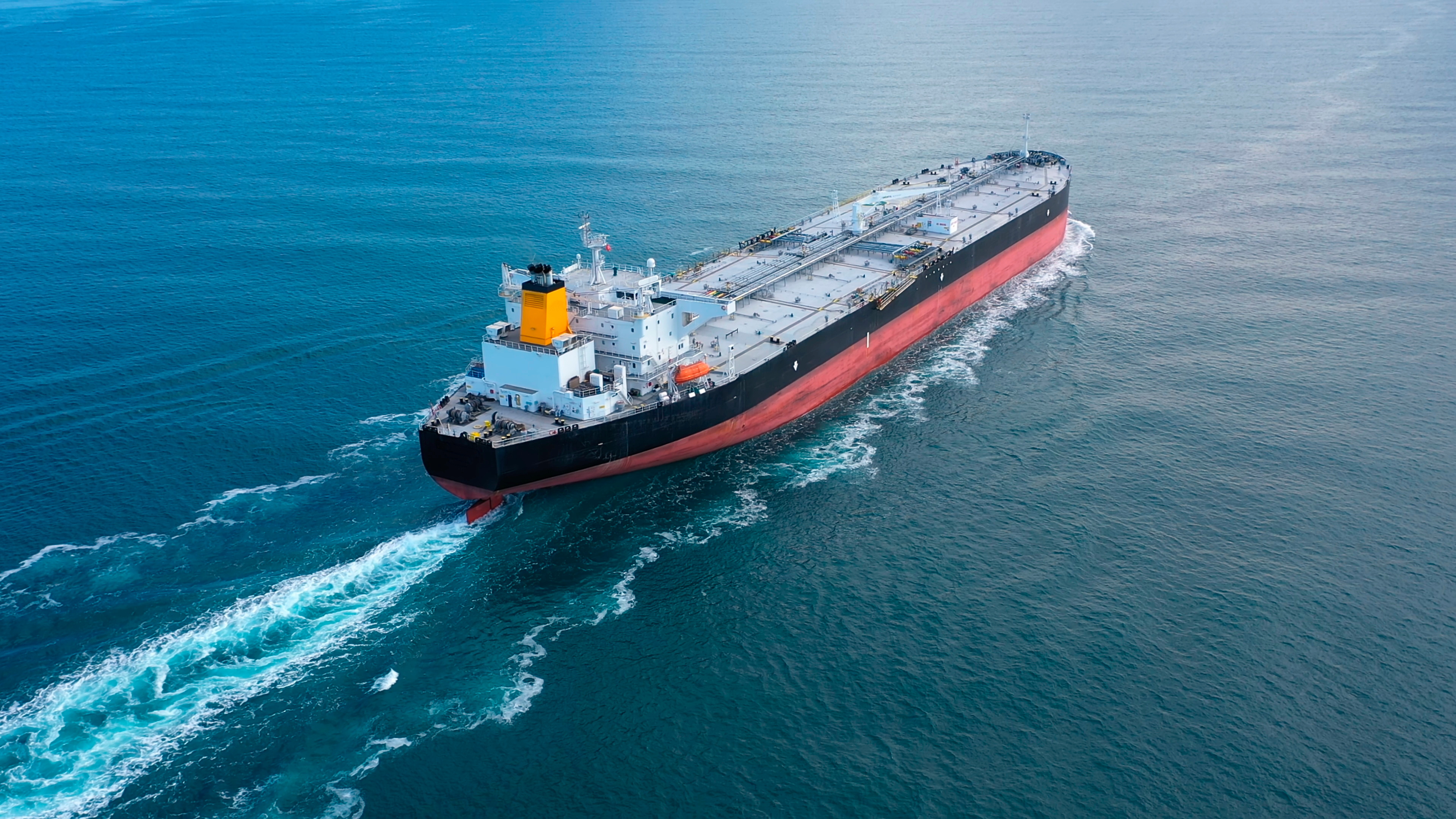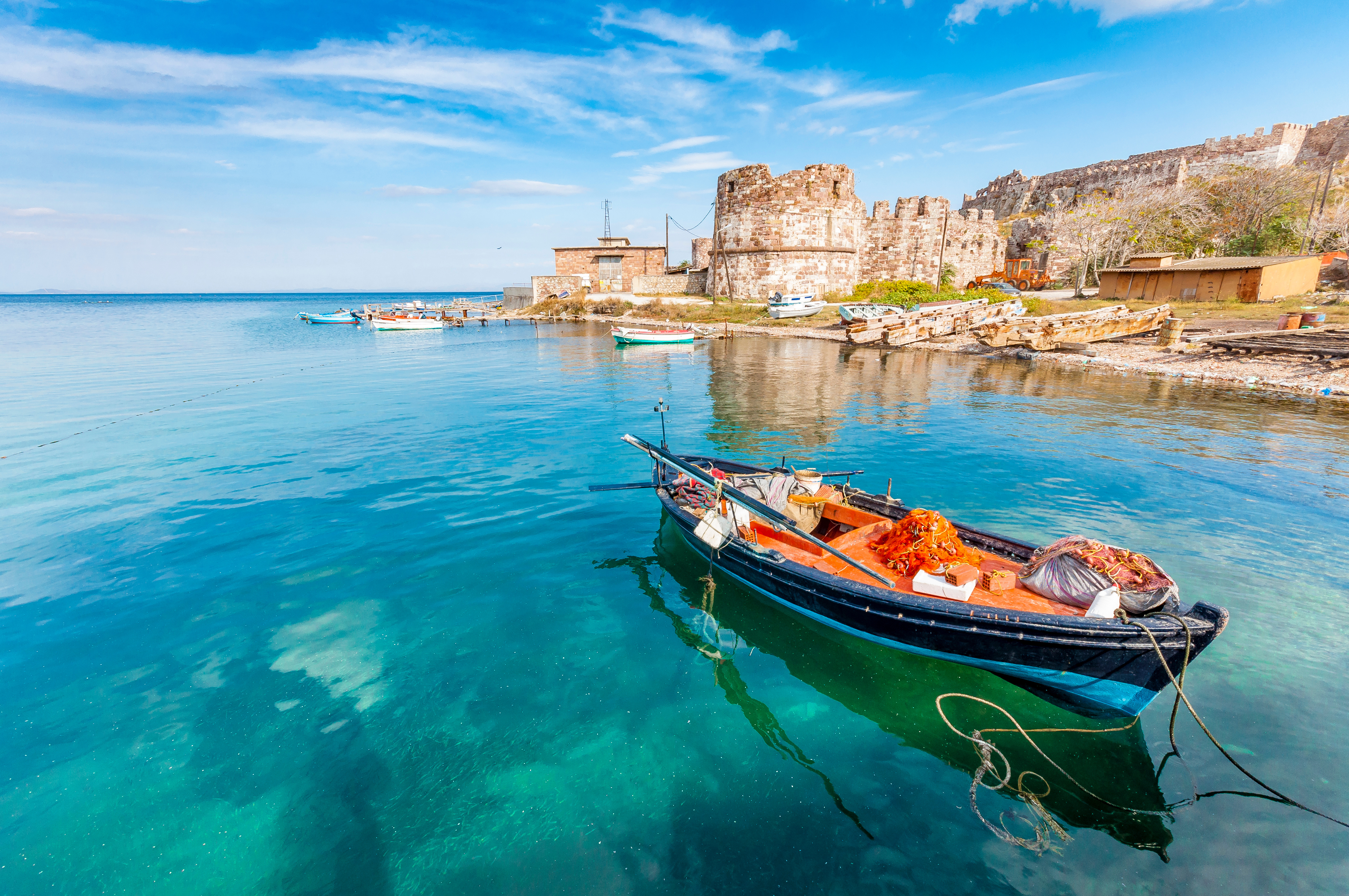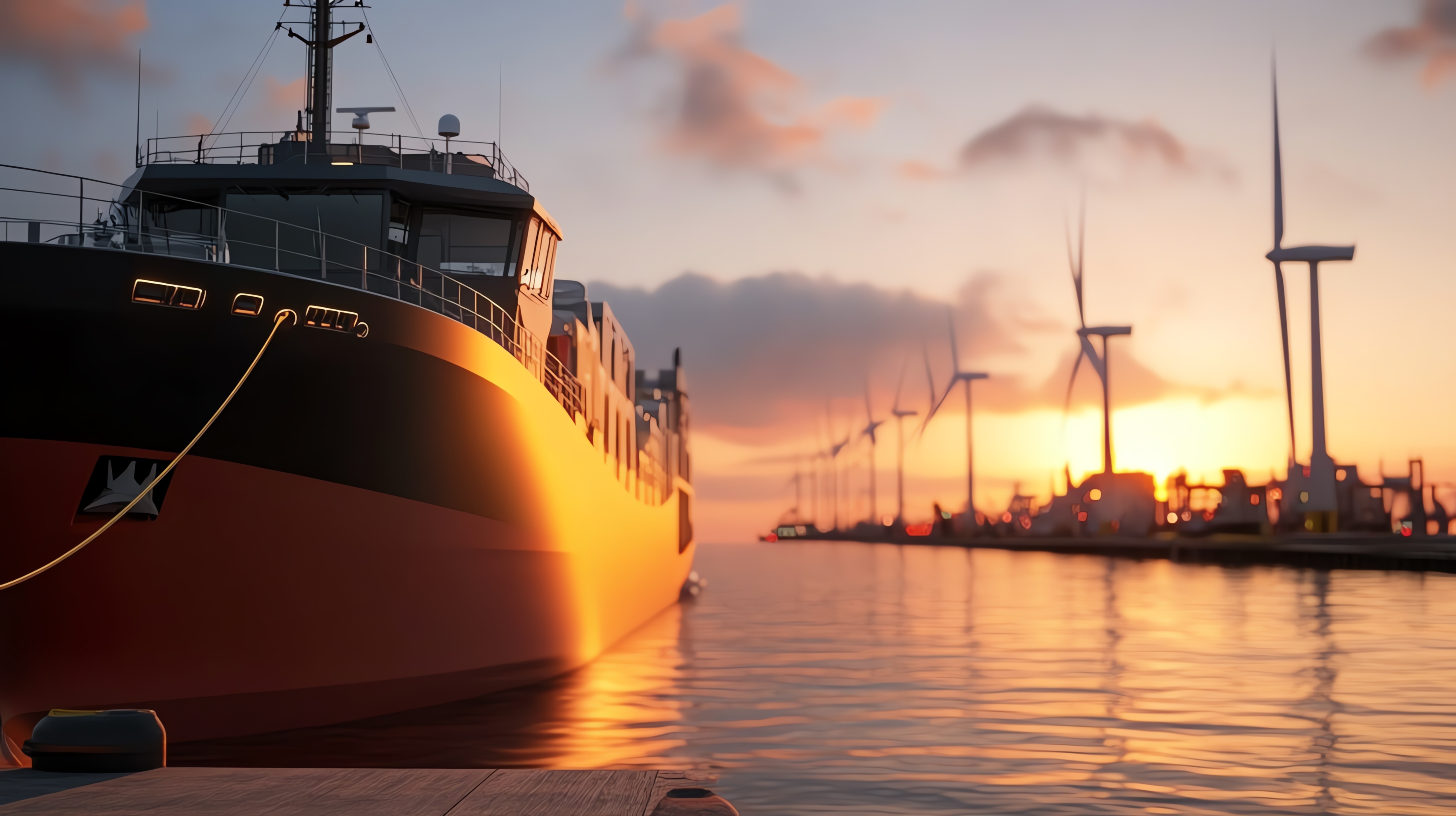本件は、2021年5月20日に船上で火災が発生し、その後同年6月2日にスリランカのコロンボ沖で沈没したコンテナ船 X-Press Pearl号に関するものです。この度、英国高等法院は、Slot Chartererは、実際にコンテナを積載したか否かを問わず、貨物運送を請負う契約または船舶の積載量の一部を担う契約の締結により、船主責任制限条約(LLMC)第1条2項に基づき、用船者としてその責任を制限することができるという見解が示されました。
Sea Consortium Pte Ltd and Others v Bengal Tiger Line Pte Ltd and Others [2024] EWHC 3174 (Admiralty Division) - Whether Slot Charterer was a "Charterer" in the Definition of “Shipowner” under the Convention on Limitation of Liability for Maritime Claims (LLMC)
Background
The case concerns the container ship X-Press Pearl, which caught fire on 20 May 2021 and subsequently sank on 2 June 2021 off the coast of Colombo, Sri Lanka. This incident resulted in the total loss of the ship and its cargo. The ship was owned by EOS RO Pte. Ltd, bareboat chartered to Killiney Shipping Pte Ltd, and time chartered to Sea Consortium Pte. Ltd (trading as X-Press Feeders). X-Press Container Line (UK) Ltd and X-Press Container Line (Singapore) Pte. Ltd were also involved in the commercial arrangements. All were claimants in the present case.
At the time of the incident, the vessel was carrying a cargo of containers under several contractual agreements, all of which were lost along with the cargo. These agreements included:
- A written Agreement for Transport Services (ATS) between the claimants (Sea Consortium, X-Press Container Line (UK) and (Singapore)) and Maersk.
- A Fixed Slots Contract between Sea Consortium and Bengal Tiger Line Pte. Ltd (“BTL”).
- A Connecting Carrier Agreement (CCA) between Sea Consortium and MSC Mediterranean.
On 21 February 2022, the claimants were granted permission to constitute a Limitation Fund for claims arising from the incident, calculated at SDR19,159,937 (approximately £19.99 million), and a letter of undertaking dated 22 February 2022 from London Steam-Ship Owners' Mutual Insurance Association Ltd was lodged.
On 3 July 2023, the claimants secured a limitation decree to cap their liability in accordance with Article 6 of the Convention on Limitation of Liability for Maritime Claims 1976 as amended by the 1996 Protocol (as amended in 2012) (the 'Convention').
However, by application dated 26 January 2024, the Democratic Socialist Republic of Sri Lanka initiated legal proceedings against the claimants in Singapore, challenging their right to limit liability under Article 4 of the Convention.
As part of these proceedings, MSC, BTL, and Maersk submitted applications seeking declarations to confirm their status as (i) "shipowners" under Article 1(2) of the Convention, (ii) thus allowing them to limit liability related to the incident, and (iii) the Limitation Fund constituted by the claimants is also deemed constituted by them. Notably, the claimants remained neutral regarding these applications, stating that any potential issues with the Limitation Fund’s distribution or contributions could be addressed later.
Article 1(2) of the Convention defines "shipowner" as "owner, charterer, manager, and operator of a seagoing ship". The court needed to determine whether each applicant, MSC, BTL, and Maersk, fell within the Article 1(2) definition of 'shipowner' and whether they were entitled to limit liability.
The High Court Decision
The Admiralty Court (Andrew Baker J) granted the application. The court held that BTL, MSC, and Maersk were all 'shipowners' under Article 1(2) of the Convention, based on their roles as 'charterers' of the ship.
The Key Authority - The MSC Napoli [2008] EWHC 3002 (Admlty), [2009] 1 Lloyd's Rep 246
The court relied on the precedent set in The MSC Napoli case, where slot charterers were deemed 'shipowners' under Article 1(2) of the Convention. In this case, Hapag-Lloyd AG (HPL) and H Stinnes Linien GmbH (Stinnes) had contracts with MSC, where MSC allocated a number of TEU container slots per voyage leg to HPL and Stinnes as slot charterers, and the bills of lading were issued by the slot charterers. Teare J decided that HPL and Stinnes were 'shipowners' as defined by Article 1(2) of the Convention. This definition includes a "charterer of a seagoing ship," which does not require the right to use or direct the entire cargo capacity of the ship.
The rationale of this ruling is: If charterers who issued bills of lading as carriers were not considered 'shipowners,' cargo claimants could target the charterers directly, bypassing the liability limits. Simultaneously, the charterers would have a claim against the owners up to the amount of limitation but would have to bear the balance of liability themselves. Teare J concluded that there was no reason to exclude slot charterers from the definition of 'charterer' in Article 1(2) as treating slot charterers as outsiders would discourage the use of slot chartering.
Supported by the reasoning of the MSC Napoli case, Andrew Baker J concluded (i) it was not necessary for an Article 1(2) 'charterer' to have a right to use or direct the use of the entire cargo carrying capacity of the ship, and (ii) it would be sufficient for a party to be considered an Article 1(2) 'charterer' if their contract obliges an owner or disponent owner to make part of the ship's carrying capacity available for the carriage of goods that the party has contracted or is obliged to contract to undertake as a carrier.
Application to BTL, MSC, and Maersk
- BTL:
- BTL's Fixed Slots Contract was materially identical to the slot charters in The MSC Napoli, making BTL an Article 1(2) 'charterer'.
- MSC:
- MSC's Connecting Carrier Agreement (CCA) was considered a slot charter, even though MSC did not pay for unused slots. The judge held that the critical feature is the commitment by the owner to allocate space for the charterer’s purpose, which was a feature of the CCA. It is not also a requirement that the putative charterer needs to pay for space it does not use. MSC was deemed an Article 1(2) 'charterer'.
- Maersk:
- Maersk's Agreement for Transport Services (ATS) is a contract to make cargo carrying space available to Maersk for its effective use in performing its contractual commitments as a carrier. Despite Maersk not promising to pay for slots, used or not used, but only for container transport actually undertaken, the ATS was characterised as a contract to hire slots, making Maersk an Article 1(2) 'charterer'.
Conclusion
The court concluded that BTL, MSC, and Maersk were 'shipowners' under Article 1(2) of the Convention for the casualty voyage of the X-Press Pearl, which allows them to limit their liability under the Convention. The decision provides guidance for future cases involving slot charterers and similar entities. Of future interest, Mr. Justice Andrew Baker also stated that Non-vessel operating common carriers (NVOCCs) may also be considered Article 1(2) 'charterers,' depending on the precise terms of their contractual arrangements with the ships they use.





